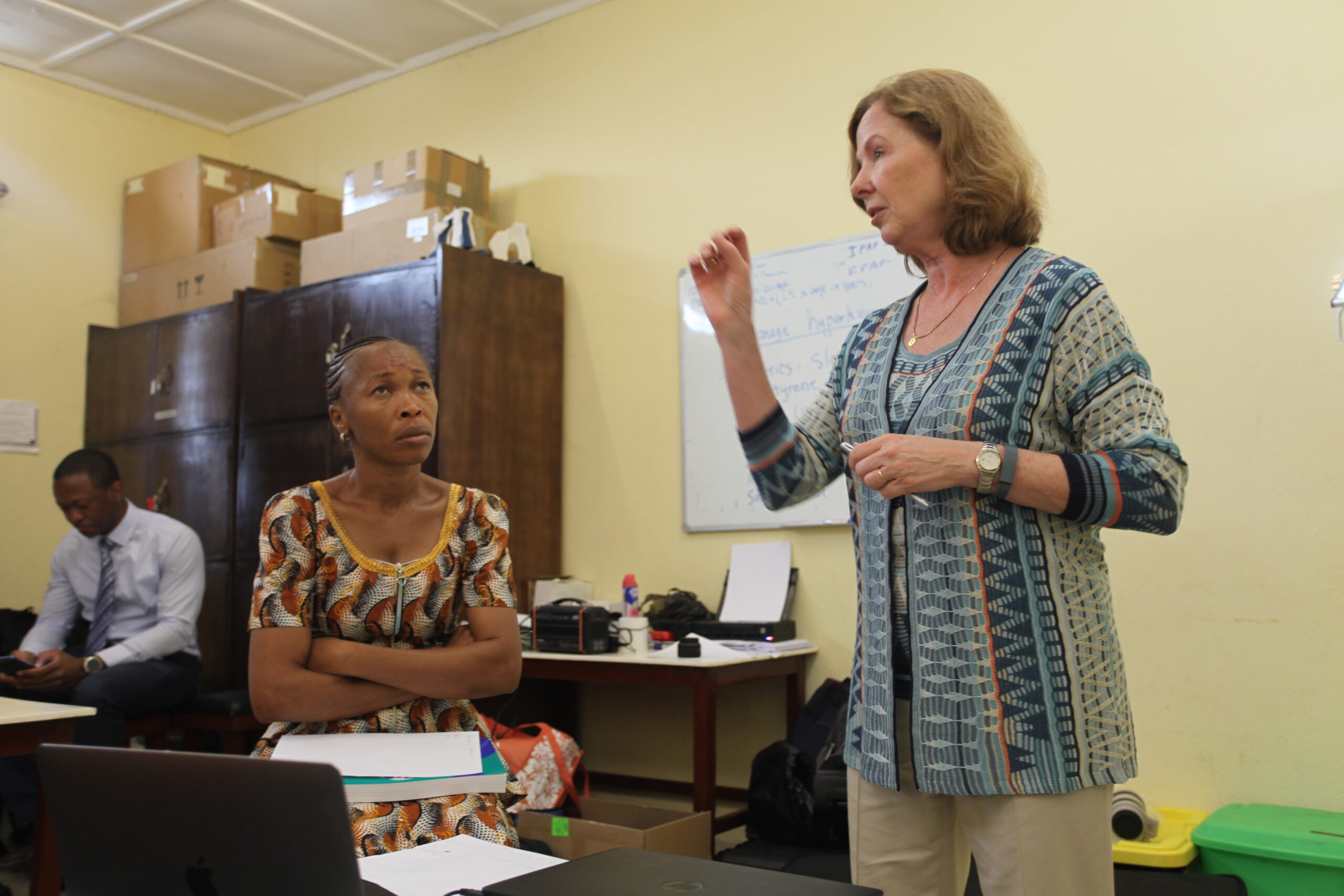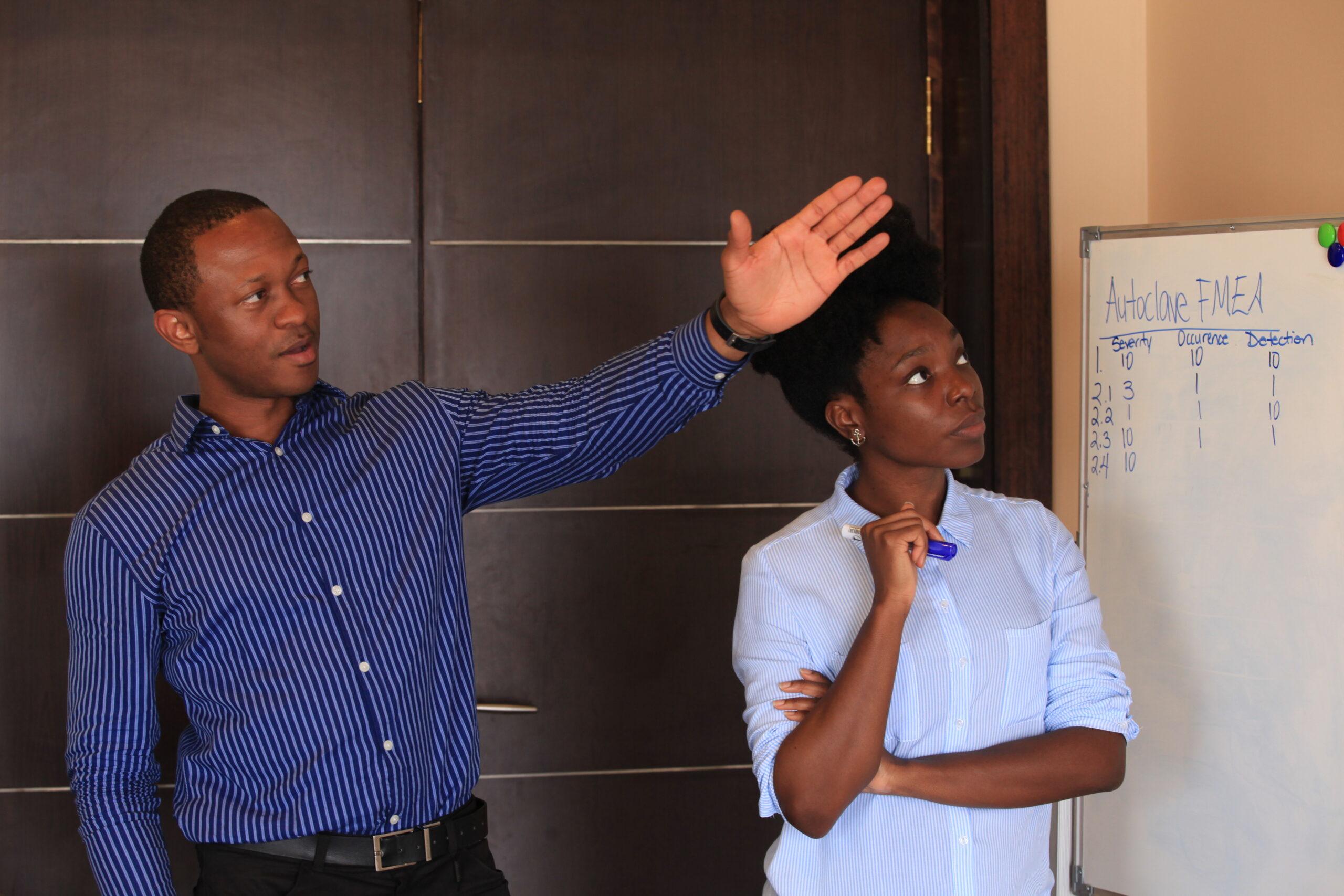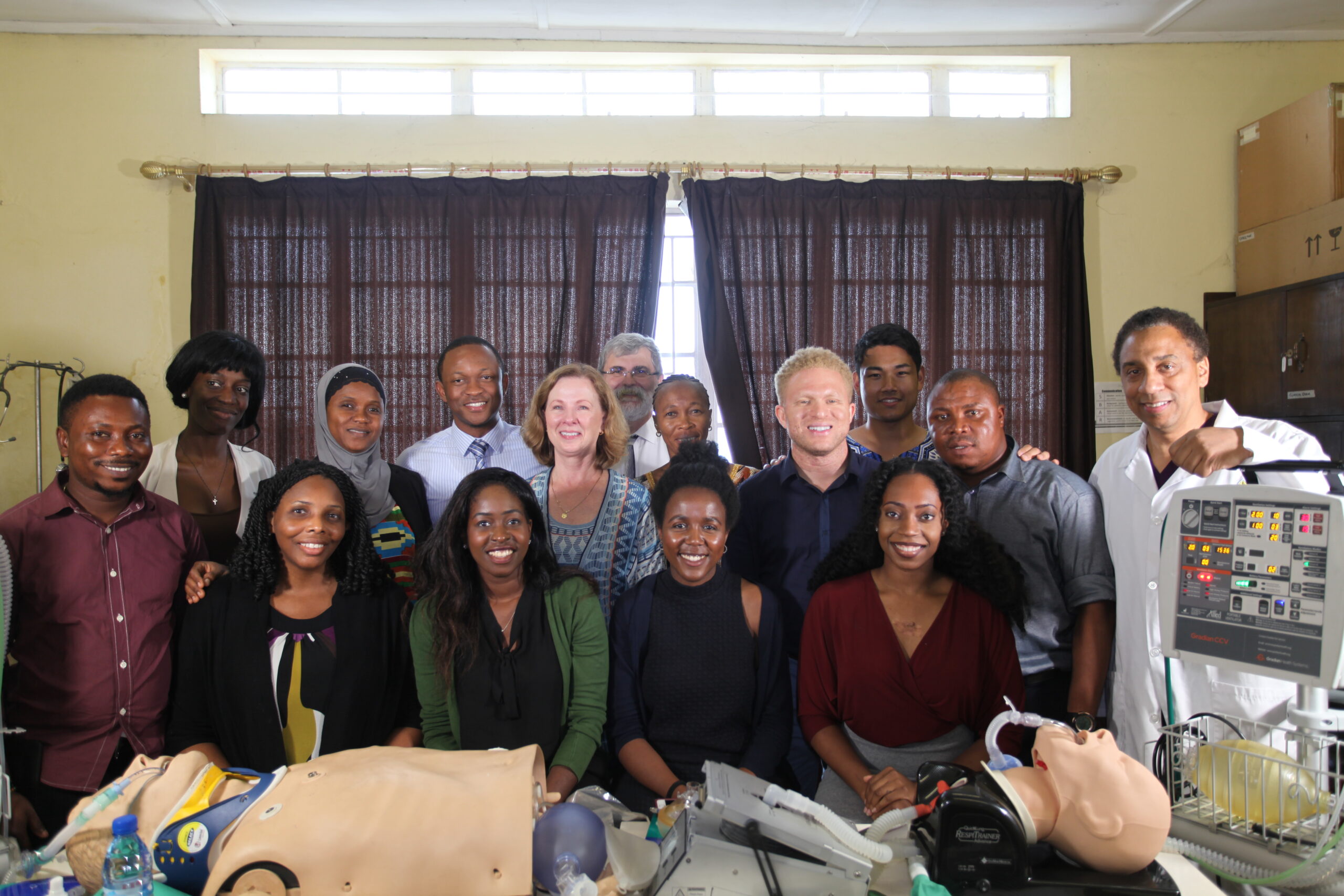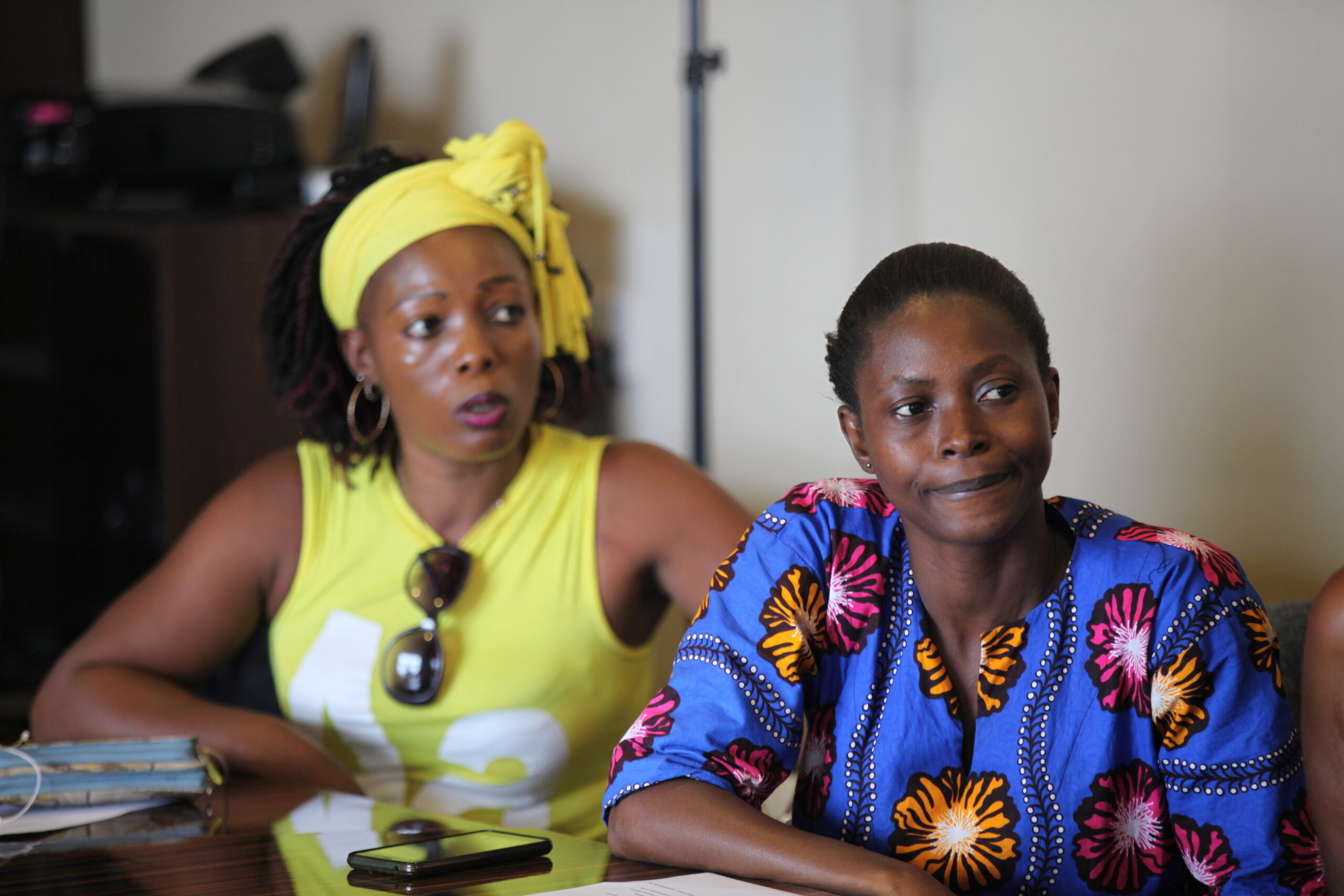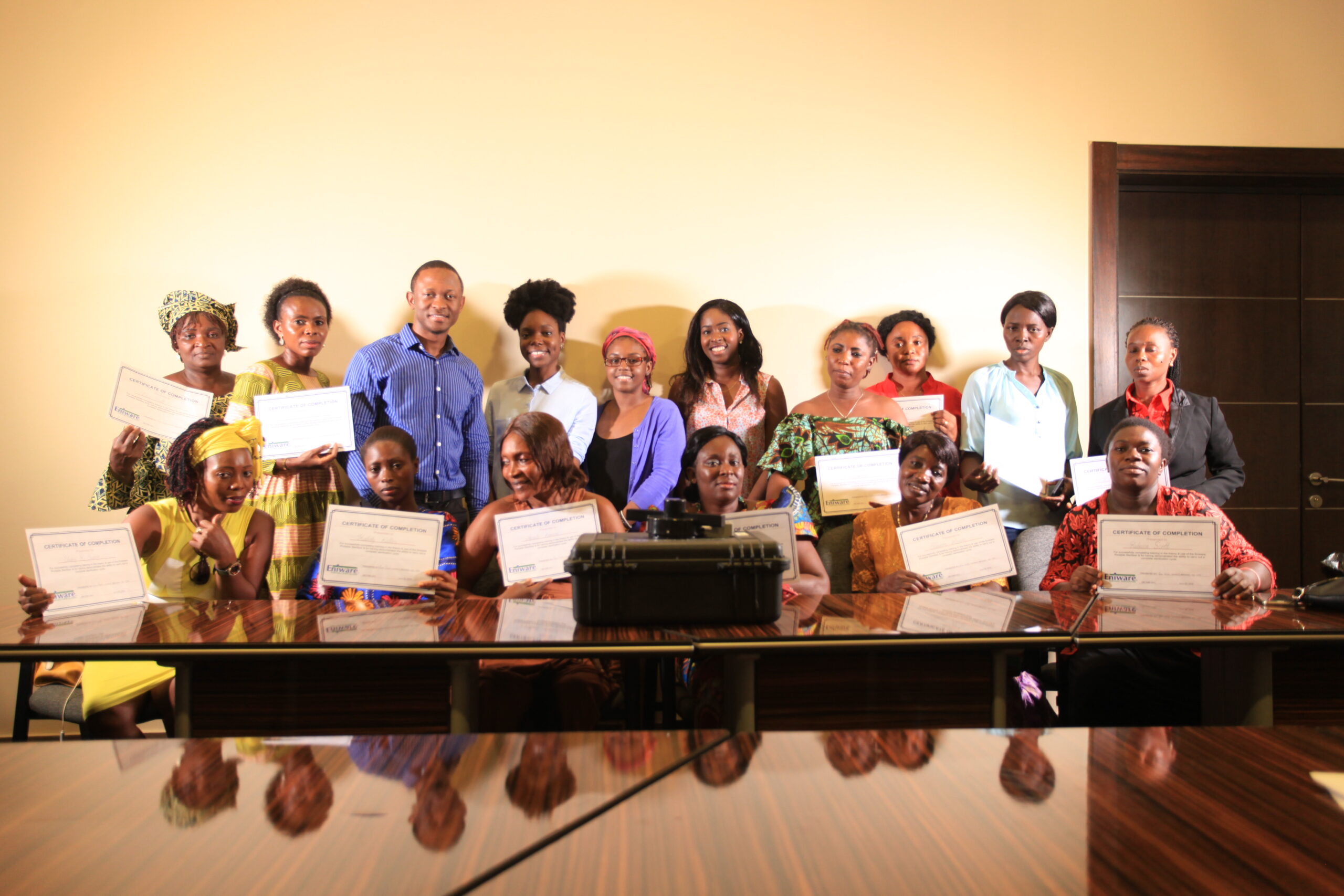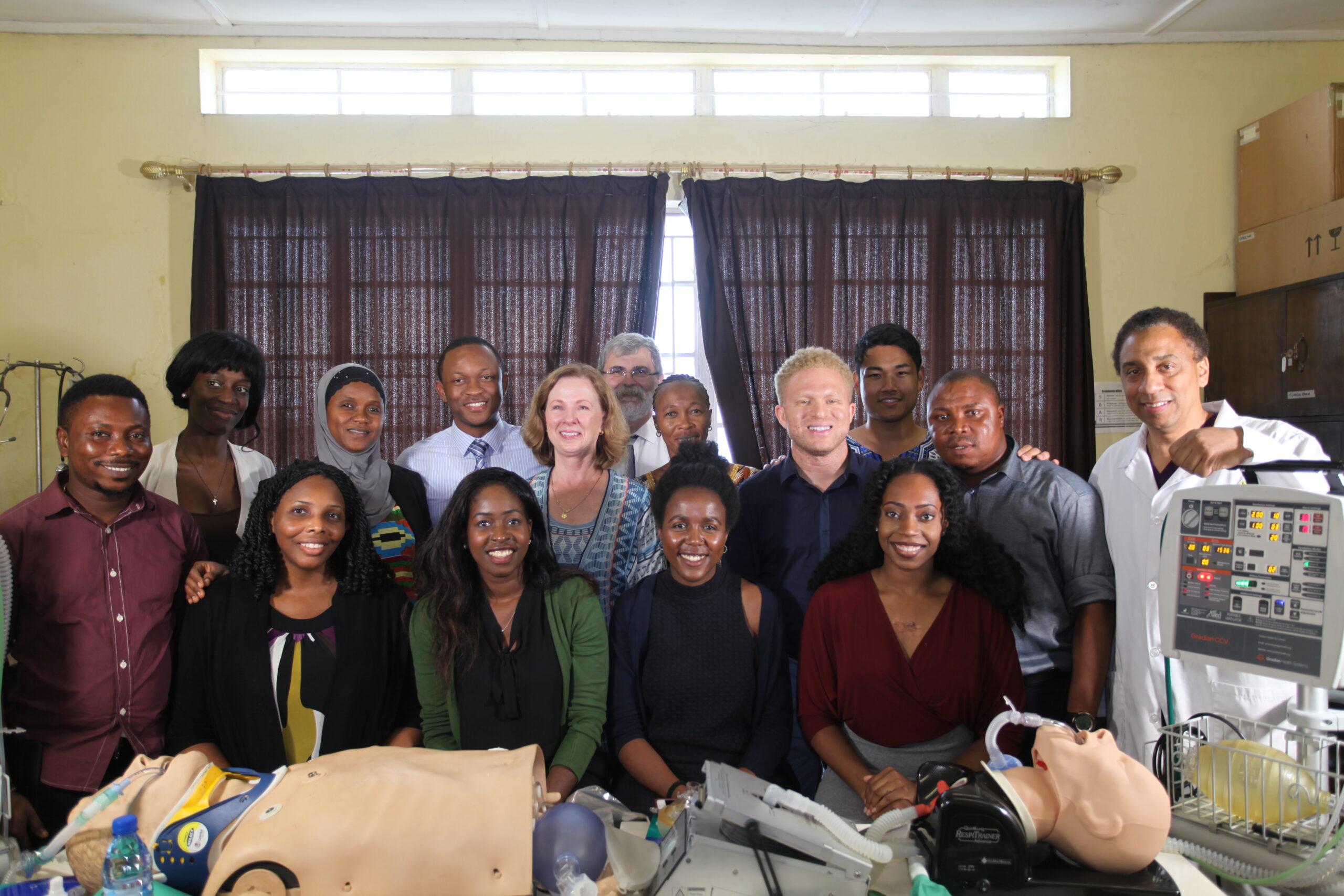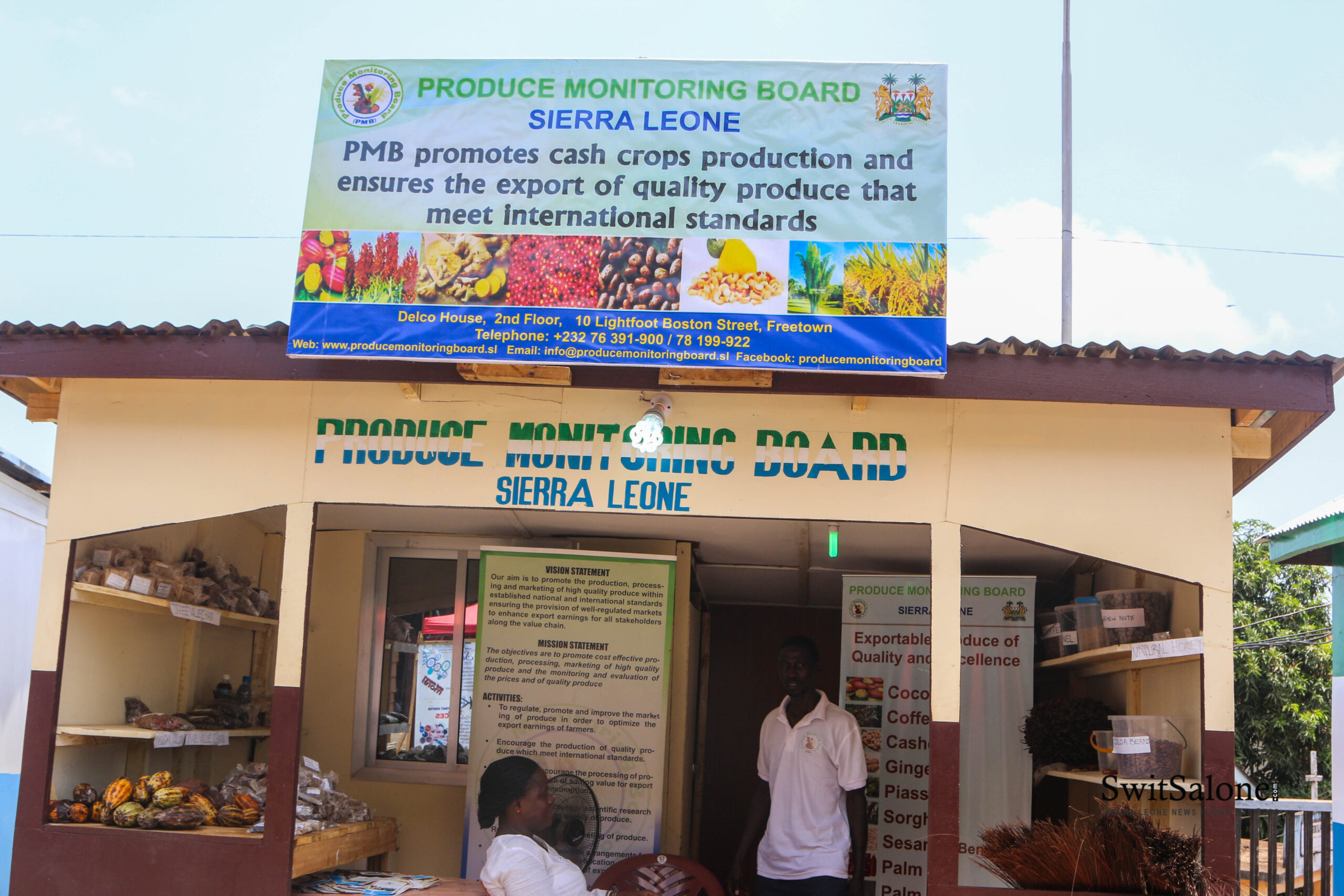Sierra Leone: Nurses, Doctors learn new skills from Johns Hopkins faculty in Freetown

A medical team of faculty from Johns Hopkins University has completed a multi-component training program for physicians, and nurses in Sierra Leone. This is part of the University’s long term commitment to support the nation’s health professionals and its medical infrastructure.
Led by Dr. John Sampson, Executive Director, Johns Hopkins Global Alliance of Perioperative Professionals (GAPP), the team of 10 faculty and students worked at 3 facilities in Freetown; including Lumley Hospital, Princess Christian Maternity Hospital (PCMH), and Connaught Hospital. At these locations a set of trainers held sessions for medical professionals on advanced methods of sterilization, critical care medicine, and simulations for nurse anesthetists on the use of the mechanical ventilator on the Gradian Health Systems’ Universal Anesthesia Machine (UAM).
The Ministry of Health and Sanitation has installed 41 UAMs across 22 government district hospitals. Gradian Health Systems describes its UAM as a “robust anesthesia workstation”.
The UAM offers life saving anesthesia, ideal for energy insecure health care facilities like those in Sierra Leone. Should there be a power outage as there often is, the machine has a back up oxygen tank. In the event that the oxygen is depleted, the UAM can continue to operate by utilizing room air.
At the UAM training at PCMH in Freetown, Dr. Howard Nelson-Williams, Program Director, Johns Hopkins Global Alliance of Perioperative Professionals (GAPP), explained that the training was part of a continuous education program already underway for nurse anesthetists since 2016.
The two week training at PCMH involved an advanced medical simulation in a train-the-trainer format. Once the training was complete, the simulation equipment was donated to PCMH. This means that trainings can be done throughout the year.
A total of 20 Nurse Anesthetists, of which six are local trainers from all regions participated in the two week UAM simulation training on the use of the mechanical ventilator.
“With the mechanical ventilator the anesthetist does not have to continuously pump the bellows with their hand,” said Dr. Nelson-Williams
“This is especially important for long procedures where a patient might need to be ventilated for several hours.”
A critical care medicine course was also delivered at Connaught Hospital to 15 physicians and 3 ICU nurses in coordination with the Society of Critical Care Medicine. This simulation-based course was designed to equip Sierra Leonean healthcare providers with the best standard of care for critically ill patients using appropriate technology suitable for the local environment.
These activities and the simulation tools for these trainings were sponsored by Gradian Health Systems Inc. The Gradian Health Systems CEO and a Gradian biomedical technical expert were present to facilitate set-up of the medical equipment.
“Our mission is to improve the quality of care for all critically ill patients around the world with educational tools,” said Dr. Janice Zimmerman, President of the World Federation of Societies of Intensive and Critical Care Medicine and Lead Facilitator for the Johns Hopkins GAPP team.
“Wherever there is a need we hope to improve the care of the patients.”
John Hopkins University will continue its commitment and partnership with the Ministry of Health in Sierra Leone.
Leave a reply
You must be logged in to post a comment.


